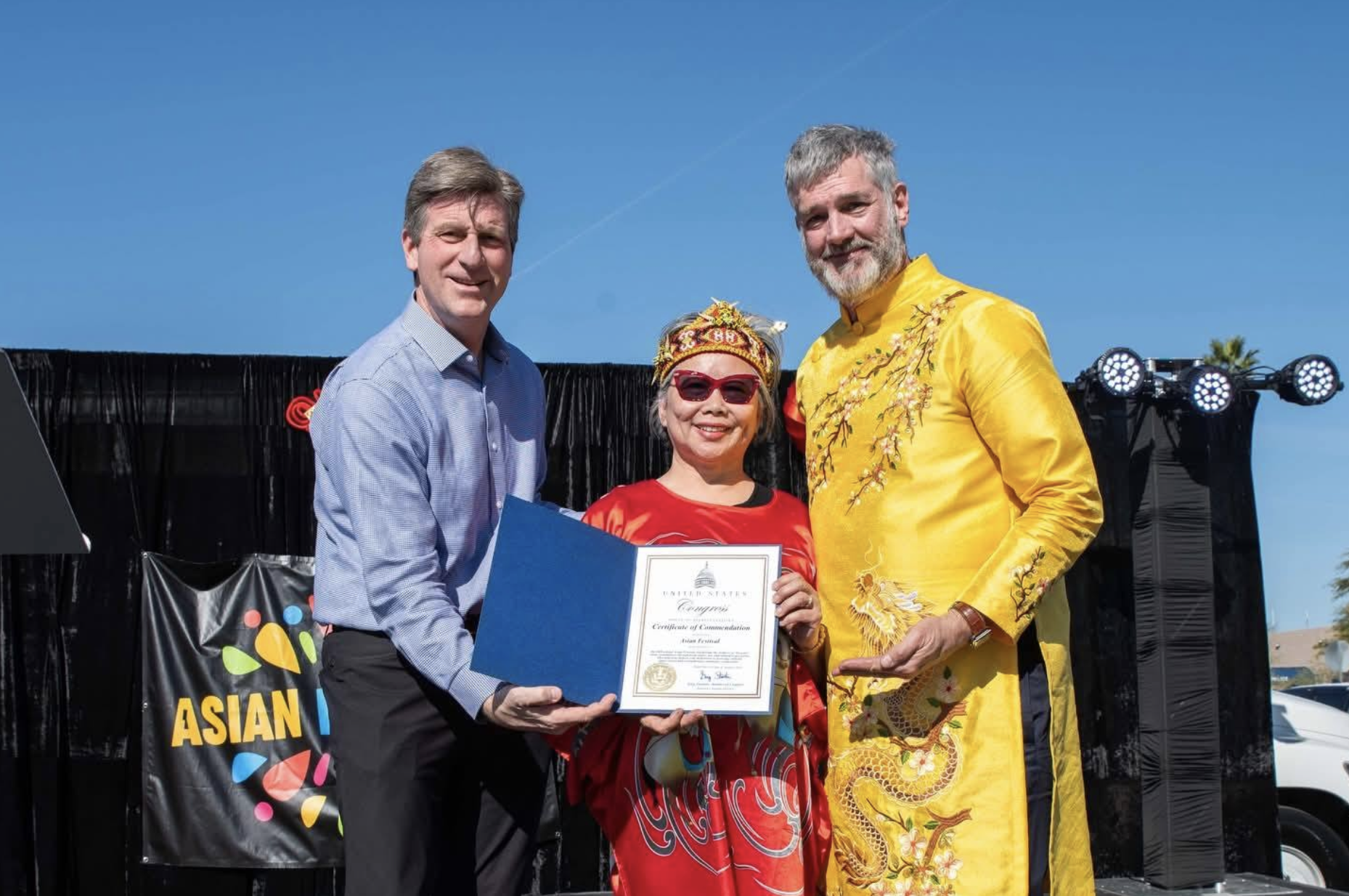Assistant coaches are an overlooked key to success
When you think of the greatest coaches of all time, you might immediately think about the likes of Bill Belichick, Gregg Popovich, or Nick Saban. Regardless of the sport, a head coach and their program are only as strong as the supporting cast around it.
Assistant coaches have a greater impact on the team, and game, than one might think.
When one thinks of an assistant, a lot of the time it’s assumed their job might not be very vast or important to the overall success of the program, and that is extremely far from the truth. Assistants handle an immense amount of job duties from helping run practices and film study, to helping a head coach keep their cool when things might not be going their way.
A big job of an assistant is to be able to contribute to the team and know that though they might not be the head honcho, they still have a voice and must use it when necessary.
Luckily for first year head coach Lester Neal, he has exactly that in assistant coach Cheyan Wilson.
“I can bounce things off of him, he’s a seasoned and experienced coach so he brings some things to the table. He’s comfortable enough to understand that he has a voice and has my ear,” said Neal.
Staying on top of things can be difficult as a head coach, from scouting the next opponent, to keeping your team together when the season might not be going your way.
There seems to never be enough hours in a day.
That is why it’s important for head coaches and their assistants to stay in the loop with each other so nothing gets left behind. For the MCC cross country team’s coaching staff, it’s paramount they understand what others are doing to ensure the success of their program.
“We’re always on the same page, we communicate a lot and that’s a big factor for it. They’re both just as passionate as I am and both want to see the teams succeed,” said head coach Daniel Pescador, “There’s no egos between our staff and that goes a long way with the kids.”
When one looks at teams that have been dominant for a long time, there must be consistency in the talent that is brought in, as well as a good enough coaching staff to hold the program to a high standard consistently year in and year out.
That certainly is the case when it comes to the Mesa Community College women’s basketball team.
Over the last ten seasons, the team has won 6 Region I, Division II Championships and won the National Junior College Athletic Association National Tournament Championship in 2014.
When you look at the team, it does not necessarily have changed much year to year.
They still have top talent coming to be a part of the team, an elite head coach in Kori Stephenson, and assistant coaches Ben Nelson and Sam Stevens by her side.
Both Nelson and Stevens bring a lot to the plate when it comes to their coaching experience and understanding of the game of basketball. However, Stevens is able to connect with his Native American players more than anyone, given he is of Navajo descent himself.
Jana Solee and Miquedah Taliman are both of Navajo descent and see Stevens as a beneficial support system, as they came into unfamiliar territory when they came to MCC.
“He knows how it feels to come from the reservation and to come to a bigger community, that was a big change for me and he helped me a lot through it,” said Solee.
“He’s been a great resource off the reservation and is able to help academically athletically as well as on the court. Also helping with classes and being able to go to him and feel comfortable because he is also Native American,” said Taliman.
Just like in most human relationships, trust is a pillar that makes the bond strong, and coaching is no different.
To be able to trust your fellow coach that they are keeping the players in line, and putting them in the best position to make them and the program successful is a lot to ask. For coach Pescador, trust is key within his staff.
“Having the trust in each other as a staff that we know we each have something to contribute and we can bounce some ideas off each other to really have the same goals and message to the kids,” said coach Pescador.
Being a coach, especially at a college level, does not only mean that you need to make sure your team is doing what they’re supposed to on the court or field. It also means making sure they are able to come to you on a personal level to be their role model when they might be searching for one.
Building a cohesive coaching staff may take months. or even years, but once you have the right group of people around you. a program can flourish into a powerhouse that the entire country must take notice of.











